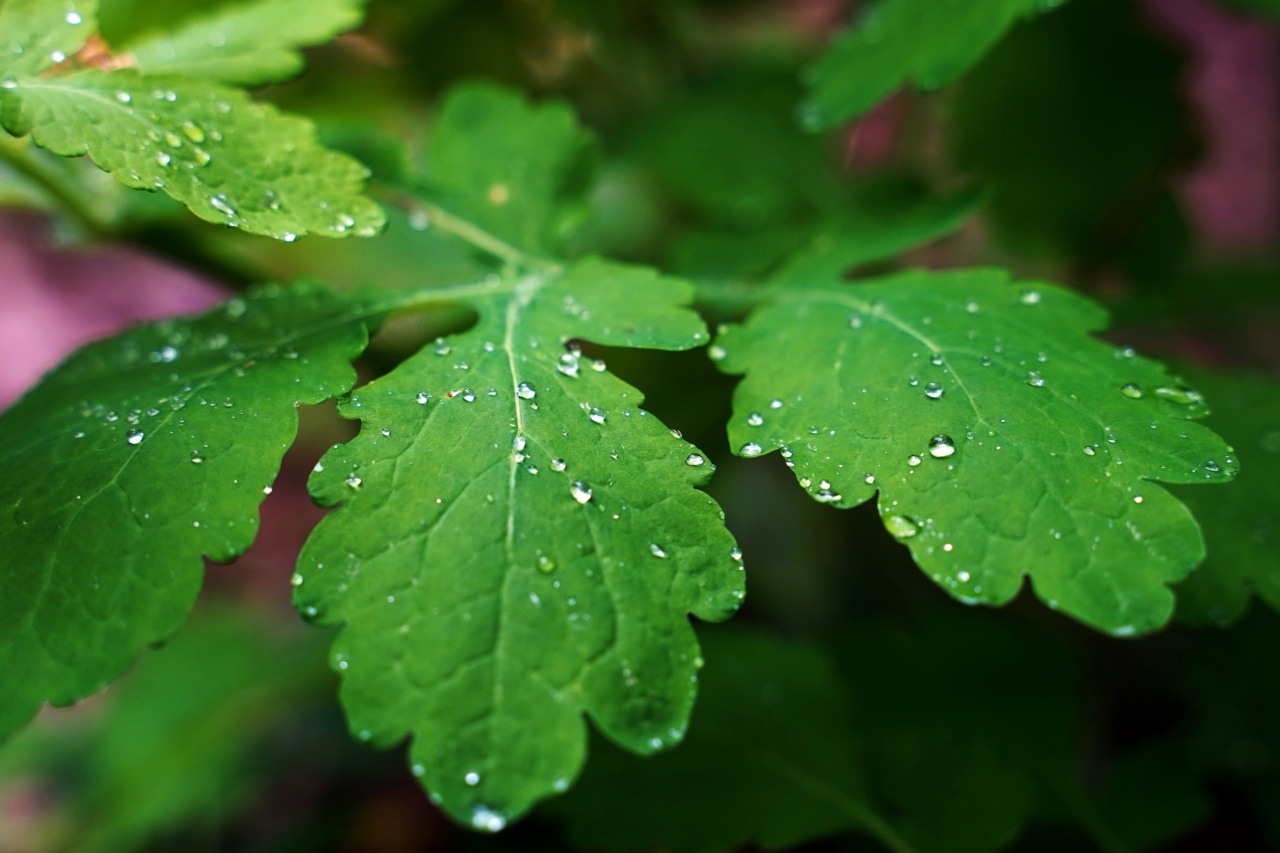Since ancient times, humans have been searching for the elixir of life, a potion or substance that can grant immortality and eternal youth.
While such a miracle cure may still be out of reach, there are herbs and plants that have been found to enhance longevity and promote health and well-being. One such herb is Rhodiola rosea.
What is Rhodiola Rosea?
Rhodiola rosea, also known as arctic root or golden root, is a perennial herb that is native to the mountains of Europe, Asia, and Alaska.
It has been used for centuries in traditional medicine to treat a variety of ailments, including fatigue, depression, anxiety, and stress.
The root of the plant contains a complex mix of bioactive molecules, including flavonoids, phenols, and terpenoids.
These compounds have been shown to have antioxidant, anti-inflammatory, and adaptogenic properties, meaning they help the body cope with physical and mental stressors.
The Benefits of Rhodiola Rosea
Recent research has focused on the potential health benefits of Rhodiola rosea, particularly in relation to longevity and aging. Here are some of the ways it may help:.
1. Anti-Aging Effects
One study found that extracts from Rhodiola rosea had anti-aging effects on human skin cells, reducing the production of reactive oxygen species and improving cellular viability and proliferation.
This suggests that the herb may help delay the signs of aging by protecting skin cells from damage and promoting regeneration.
2. Cognitive Function
Rhodiola rosea has been found to enhance cognitive function and mental performance, particularly in tasks that involve attention, memory, and concentration.
This may be due to its ability to increase blood flow to the brain, enhance glucose uptake and utilization, and modulate neurotransmitters such as dopamine and serotonin.
3. Stress and Anxiety
The adaptogenic properties of Rhodiola rosea make it a popular choice for reducing stress and anxiety. Numerous studies have found that taking the herb can improve mood, reduce feelings of fatigue and burnout, and increase overall quality of life.
It may do this by regulating the hypothalamic-pituitary-adrenal axis, a complex system that controls the body’s response to stress.
4. Immune System
Rhodiola rosea has been shown to boost the immune system by stimulating the production of natural killer cells, lymphocytes, and antibodies. This can help fight infections and reduce the risk of chronic diseases such as cancer and autoimmune disorders.
It may also enhance the body’s resistance to environmental stressors such as pollution and radiation.
How to Use Rhodiola Rosea
Rhodiola rosea is available in supplement form, typically as an extract standardized to contain a certain percentage of active compounds such as rosavin and salidroside.
Dosages can range from 100 mg to 500 mg per day, depending on the individual’s needs and goals.
It is recommended to start with a low dose and gradually increase as needed, as some people may experience side effects such as headaches, dizziness, or gastrointestinal upset.
It is also important to choose a reputable brand and to consult with a healthcare provider before starting any new supplement.
Conclusion
Rhodiola rosea is a promising herb that may hold the key to unlocking the secrets of longevity and healthy aging.
While more research is needed to fully understand its mechanisms of action and potential benefits, current evidence suggests that it may enhance cognitive function, reduce stress and anxiety, enhance immune function, and delay the signs of aging.
If you are interested in trying Rhodiola rosea, be sure to do your own research and consult with a healthcare provider to determine whether it is right for you.































